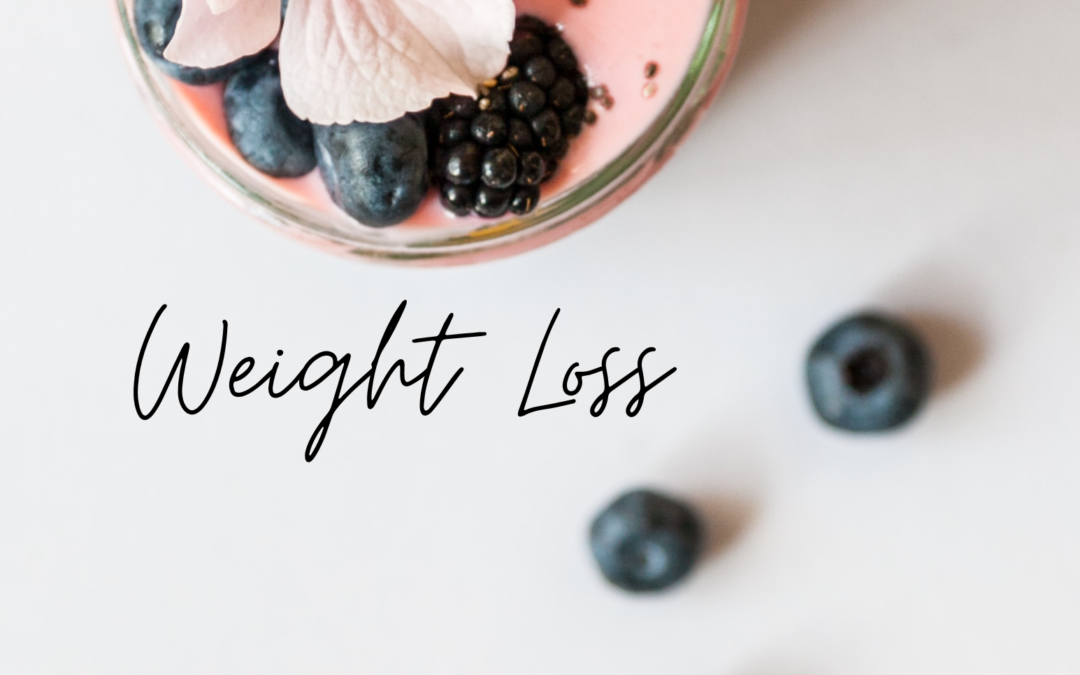WEIGHT LOSS
Weight Loss means can improve cardiovascular health and reduce the risk of complications related to obesity. When your body doesn’t get the fuel, it needs to function normally, it goes into starvation mode and slows down to conserve energy. Essentially, your body begins to consume itself. If self-starvation continues and more body fat is lost, medical complications pile up and your body and mind pay the price. Most binge eaters eventually lose weight by choosing healthy foods and getting counseling. It’s a slow process, but you’ll be more apt to keep the weight off.
Total Calories in < Total Calories burned/out = Weight Loss.
Eating disorders are a group of conditions marked by an unhealthy relationship with food. There are two main types of eating disorders:
- Anorexia nervosa- This is characterized by weight loss often due to excessive dieting and exercise, sometimes to the point of starvation. People with anorexia feel they can never be thin enough and continue to see themselves as “fat” despite extreme weight loss.
- Avoidant/restrictive food intake disorder (ARFID)-This condition is characterized by eating very little and/or avoiding certain foods. It usually begins in childhood. People with ARFID may avoid certain foods because of their texture or odor.
CAUSES OF –
It can have causes that aren’t due to underlying disease. Examples include
- dieting,
- exercise,
- malnutrition or lack of access to food.
- Muscle loss
- Overactive thyroid.
- Rheumatoid arthritis.
- Inflammatory bowel disease.
- Dramatic weight loss
- Preoccupation with food, dieting, counting calories, etc.
- Refusal to eat certain foods, such as carbs or fats
- Avoiding mealtimes or eating in front of others
- Making comments about being “fat”
- Stopping menstruating
- Complaining about constipation or stomach pain
- Denying that extreme thinness is a problem
- Loss of appetite
SYMPTOMS –
Rapid weight loss sometimes triggers hormonal changes that could lead to acne, mood swings, depression, sleep disturbances and other undesirable symptoms. For women, another potential side effect of accelerated weight loss is irregular or missed menstrual cycles, also known as amenorrhea.
The physical signs and symptoms of anorexia nervosa are related to starvation, it also includes emotional and behavioral issues involving an unrealistic perception of body weight and an extremely strong fear of gaining weight or becoming fat. It may be difficult to notice signs and symptoms because what is considered a low body weight is different for each person, and some individuals may not appear extremely thin. Also, people with anorexia often disguise their thinness, eating habits or physical problems.
Extreme weight loss or not making expected developmental weight gains results to
- Thin appearance
- Abnormal blood counts
- Fatigue
- Insomnia
- Dizziness or fainting
- Bluish discoloration of the fingers
- Hair that thins, breaks or falls out
- Soft, downy hair covering the body
- Absence of menstruation
- Constipation and abdominal pain
- Dry or yellowish skin
- Intolerance of cold
- Irregular heart rhythms
- Low blood pressure
- Dehydration
- Swelling of arms or legs
- Eroded teeth and calluses on the knuckles from induced vomiting
Some people who have anorexia binge and purge, similar to individuals who have bulimia. But people with anorexia generally struggle with an abnormally low body weight
Achieving healthy weight loss isn’t about a “diet” or “program” but a lifestyle with healthy eating patterns, regular physical activity, and stress management. Medications taken for other conditions may also make it harder to lose weight. If you are concerned about your weight or have questions about your medications, talk with our health care highly qualified NUTRIEWIND dieticians and nutritionist.
Even a modest weight loss of 5% to 10% of your total body weight is likely to produce health benefits, such as improvements in blood pressure, blood cholesterol, and blood sugars.
Strategies for weight loss-
1. Make sure you’re ready
Long-term weight loss takes time and effort — and a long-term commitment. While you don’t want to put off weight loss indefinitely, you should make sure you’re ready to make permanent changes to eating and activity habits.
2. Find your inner motivation
No one else can make you lose weight. You must undertake diet and exercise changes to please yourself. What’s going to give you the burning drive to stick to your weight-loss plan?
Make a list of what’s important to you to help you stay motivated and focused, whether it’s an upcoming vacation or better overall health. Then find a way to make sure that you can call on your motivational factors during moments of temptation. You might want to post an encouraging note to yourself on the pantry door or refrigerator.
3. Set realistic goals
It may seem obvious to set realistic weight-loss goals, but do you really know what’s realistic? Over the long term, it’s smart to aim for losing 1 to 2 pounds (0.5 to 1 kilogram) a week. Generally, to lose 1 to 2 pounds a week, you need to burn 500 to 1,000 calories more than you consume each day, through a lower calorie diet and regular physical activity.
4. Enjoy healthier foods
Adopting a new eating style that promotes weight loss must include lowering your total calorie intake. But decreasing calories need not mean giving up taste, satisfaction or even ease of meal preparation. One way you can lower your calorie intake is by eating more plant-based foods — fruits, vegetables and whole grains. Strive for variety to help you achieve your goals without giving up taste or nutrition.
Get your weight loss started with these tips:
- Eat at least four servings of vegetables and three servings of fruits daily.
- Replace refined grains with whole grains.
- Use modest amounts of healthy fats, such as olive oil, vegetable oils, avocados, nuts, nut butters and nut oils.
- Cut back on sugar as much as possible, except the natural sugar in fruit.
- Choose low-fat dairy products and lean meat and poultry in limited amounts.
5. Get active, stay active
While you can lose weight without exercise, regular physical activity plus calorie restriction can help give you the weight-loss edge. Exercise can help burn off the excess calories you can’t cut through diet alone. It also offers numerous health benefits, including boosting you good strengthening your cardiovascular system and reducing your blood pressure, also help in maintaining weight loss.
6. Change your perspective
It’s not enough to eat healthy foods and exercise for only a few weeks or even months , if you want long-term, successful weight management. These habits must become a way of life. Lifestyle changes start with taking an honest look at your eating patterns and daily routine.

